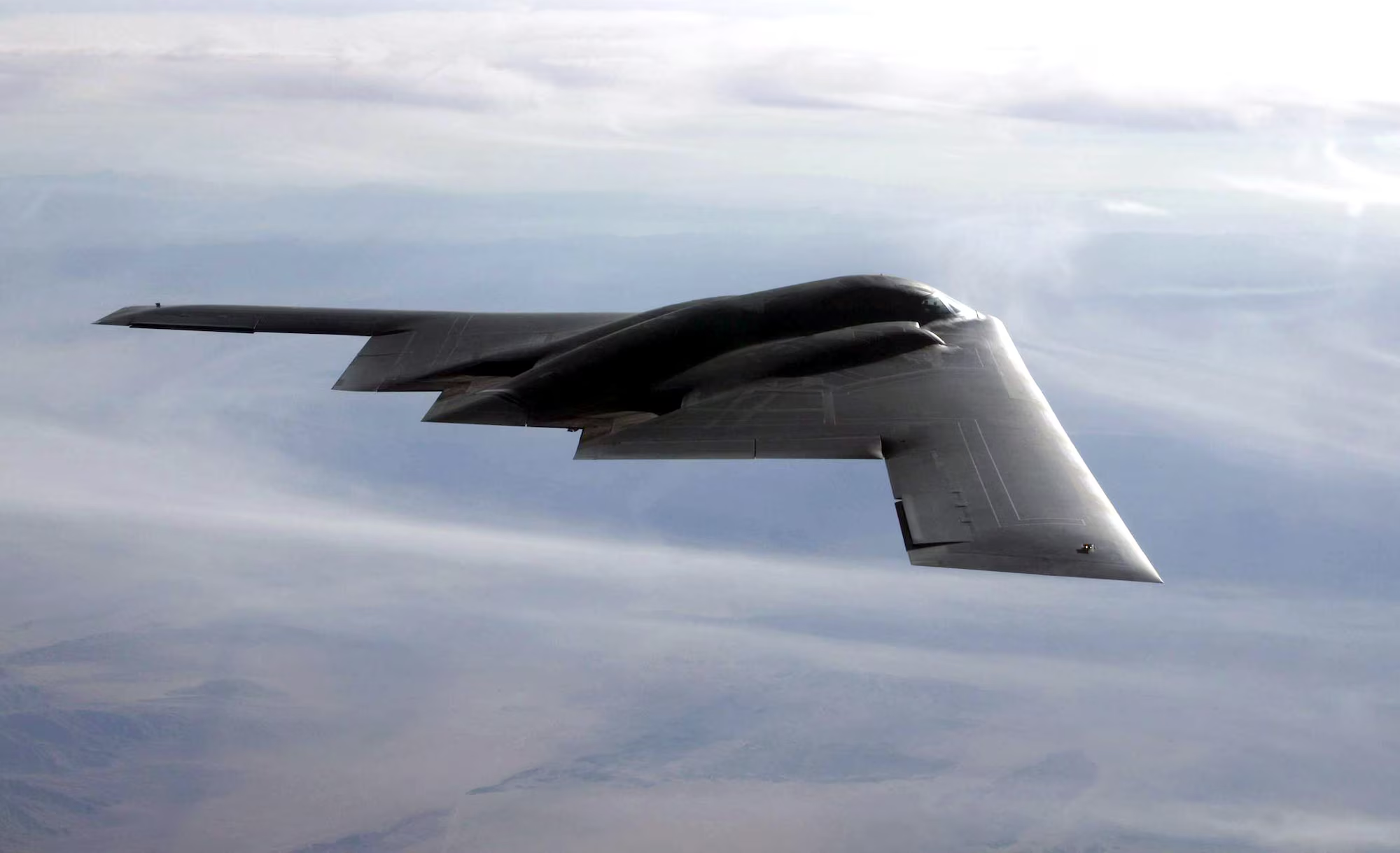Ukraine War Draining Global TNT Supplies
What the story is
The war in Ukraine has triggered a global shortage of TNT (trinitrotoluene). Long discontinued in U.S. production due to environmental concerns, the U.S. has relied on imports from Russia, Ukraine, Poland, and China—sources now cut off. Furthermore, domestic recycling of explosives is no longer viable because of ammunition transfers to Ukraine. The U.S. is building a TNT production plant in Kentucky, but it won’t be operational until 2028 and is designated for military use only.
What the consequences will be
- Law enforcement and mining industries may struggle with access to TNT for infrastructure, blasting, and construction needs.
- Supply chain disruptions will push prices higher and force temporary alternatives.
- Budget reallocation pressures may emerge as domestic and commercial users fight for limited supply.
How an investor can benefit
- Specialty chemicals & alternatives: Companies producing alternatives like ammonium nitrate or other industrial explosives may see upticks in demand.
- Industrial infrastructure firms: Expect potential increases in demand for non-TNT-based blasting or compaction tools.
- Defense and mining subcontractors (e.g., Orica, Dyno Nobel, or even 3M analogues): Might benefit from inflated input prices and supply tightness—look for earnings revisions upward.
2. Anthropic Secures $13B in New Funding, Valued at $183B
What the story is
AI startup Anthropic completed a massive funding round, raising $13 billion and achieving a valuation of $183 billion—nearly tripling its value. The influx comes alongside explosive growth: anticipated run-rate revenue soared from $1 billionin early 2025 to over $5 billion by August. Investors include Iconiq Capital, Fidelity, Lightspeed Venture Partners, GIC, Insight Partners, and Qatar Investment Authority.
What the consequences will be
- AI investment arms race intensifies: This funding provides a war chest for scaling compute infrastructure, talent, and global expansion.
- Sky-high expectations ahead: Public-market AI peers under pressure to show similar adoption, revenue growth, and valuations.
- AI market consolidation: Anthropic’s capital and valuation position it as a formidable rival to OpenAI and Google, possibly prompting M&A or talent migration.
How an investor can benefit
- Public AI and cloud infrastructure leaders: Watch Nvidia, AMD, Microsoft (Azure), and Amazon (AWS) as cloud partners likely to benefit from scaling AI demand.
- AI-focused ETFs: Consider adding ETF exposure (e.g., BOTZ, AIQ) to participate across diversified AI infrastructure.
- Talent and M&A plays: Opportunities may arise from acquisitions of smaller AI safety or alignment startups by incumbents aiming to compete with Anthropic.
3. China, Russia, and India Forge Strategic Alignment at SCO Summit
What the story is
At the Shanghai Cooperation Organization (SCO) summit in Tianjin, Xi Jinping convened with Vladimir Putin and Narendra Modi, signaling a growing multipolar alignment that challenges U.S. influence. China proposed an SCO development bank, energy cooperation, AI collaboration, and financial aid packages. Xi emphasized multilateralism and sovereign equality while offering alternatives to U.S.-led systems, including access to China’s BeiDou satellite system.
What the consequences will be
- Geopolitical shift: Reinforced ties among non-Western powers could reduce reliance on U.S. institutions and the dollar, accelerating de-dollarization and strategic diversification.
- Alternative financial infrastructure: Plans for development banks and tech sharing could challenge Western-led economic corridors.
- Investor uncertainty tightens: Sanctions risk increases for firms across technology, energy, and defense sectors tied to these regions.
How an investor can benefit
- Currency and commodity plays: Diversify via non-dollar assets like gold or regional FX (e.g., rupee, yuan) as reserve shifts occur.
- Resource exporters: Russia and India may expand energy and tech exports, benefiting exporters and commodities-based investment sectors.
- De-risked regional exposure: Opportunistic funds focused on BRICS or SCO infrastructure and financial instruments could outperform amid strategic decoupling from the West.





